US-North Korea Summit: Need substance, not empty name
(Baonghean.vn) - The Capella Hotel in Singapore will be the venue for the June 12 summit between US President Donald Trump and North Korean leader Kim Jong-un. It can be said that the two leaders are still on track to prepare to meet next week, after a month of many ups and downs in the bilateral relationship.
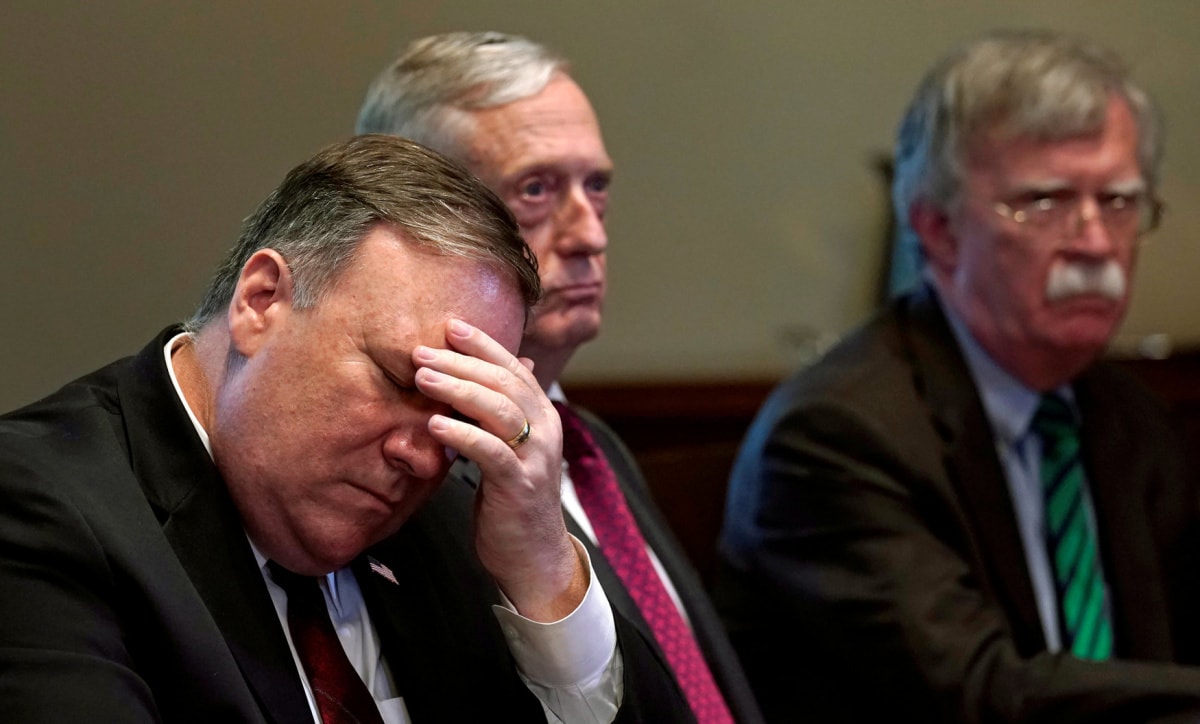 |
| While Trump is patting himself on the back for such an unfinished job, his team is in utter disarray. Photo: AP |
On May 24, the White House published a letter that Mr. Trump wrote to Mr. Kim to cancel the much-anticipated summit between them, but restored it a week later.
The way the Trump administration has made such decisions is yet another example of how its behavior in recent months has damaged America’s credibility and allies on the North Korea issue, and obscured the fact that the administration’s top priority should be real progress, not high-level showmanship.
Since the announcement on March 8 of a Trump-Kim meeting, diplomacy has seemed to be moving more smoothly, with signs of hope that North Korea may actually be following through on its word this time.
Kim has been on a diplomatic offensive, meeting Chinese President Xi Jinping twice and holding a high-profile summit with South Korean President Moon Jae-in. US Secretary of State Mike Pompeo has visited North Korea twice and stressed that Kim Jong-un shares the US's view on denuclearization.
However, the disagreement between the two countries became undeniable when on May 16, North Korea threatened to withdraw from the summit if the US continued to promote the Libya-style denuclearization model unilaterally.
By May 23, Trump said there was a “realistic possibility” the summit would not take place. North Korean Vice Foreign Minister Choe Son Hui then threatened the summit again and criticized US Vice President Mike Pence for presenting the Libyan denuclearization model.
It seems that as long as North Korea continues to say that it will not simply accept US demands for complete, verifiable, and irreversible denuclearization (CVID), the Trump administration is not willing to play this diplomatic baseball game and will cancel the summit.
This has also fueled concerns that Trump is more concerned with the appearance of the meeting than its substance. Without a major deal that is positively received by the press and the Norwegian Nobel Committee, Trump would rather walk away from the summit. In addition, the issuance of commemorative coins for the event is another example of Trump trying to “paint” his performance.
While Trump pats himself on the back for such an unfinished job, his team is in disarray. While Pence and National Security Adviser John Bolton have publicly advocated a Libya-style denuclearization model, Pompeo has taken a more conciliatory stance.
Trump is said to have been unprepared for the meeting and believed it was unnecessary. If Trump had canceled the summit to regroup his team and develop a negotiating strategy, the decision would have been welcomed. However, the sequence of events suggests that the decision was motivated by Trump’s ego rather than real progress on the Korean Peninsula.
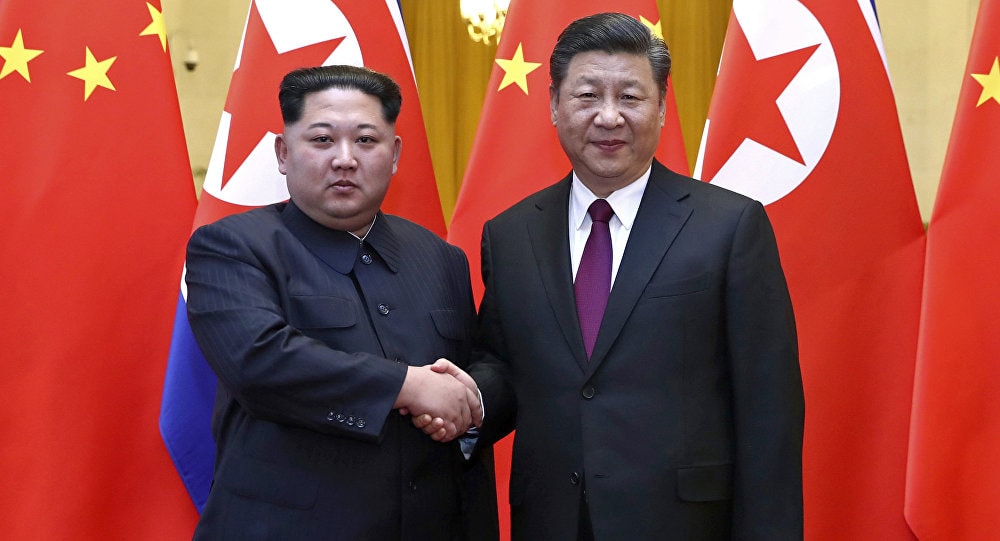 |
| The North Korean leader has made efforts to promote diplomatic activities such as meeting Chinese President Xi Jinping twice. Photo: Getty |
The way Trump canceled the meeting was also puzzling. He apparently did not consult with Japanese or South Korean leaders before making this decision.
For example, the day before Trump canceled the summit, Pompeo met with Japanese Foreign Minister Taro Kono and discussed cooperation in preparing for the summit. Additionally, Moon also had to hold a midnight meeting with his team to discuss Trump's unexpected letter.
In fact, Pompeo refused to answer the question of whether South Korea was informed by the US before the president made this decision. All of the above shows that Trump made the decision unilaterally, affecting US allies.
If Trump truly wanted to respond to North Korea’s threats, he would have consulted with America’s allies, not abandoned them. While Trump has damaged America’s position in any future negotiations with North Korea, Kim has strengthened his influence.
He has been able to work closely with China again after years of deteriorating bilateral relations. In addition, the US economic sanctions campaign against North Korea is also weakening.
Ultimately, as the US continues to weaken its alliances, South Korea will likely accept openness from North Korea that it could reject if it felt confident in America's obligations.
As the summit gets back on track, the question is: What game is Trump really playing? Is he ready for a long and difficult diplomatic process, or is he just looking for an opportunity to shine?
But what really matters is not whether Trump and Kim sit together in a meeting room, but whether real progress occurs on the Korean Peninsula. And for that to happen, the Trump team needs to work closely with Japan and South Korea to develop a unified strategy that can protect US and allied interests./.

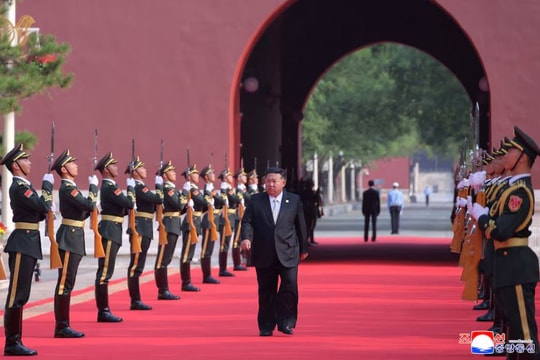
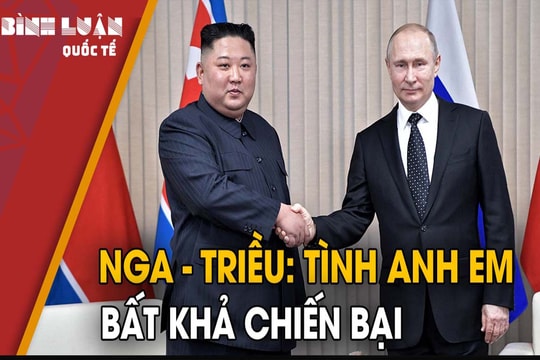
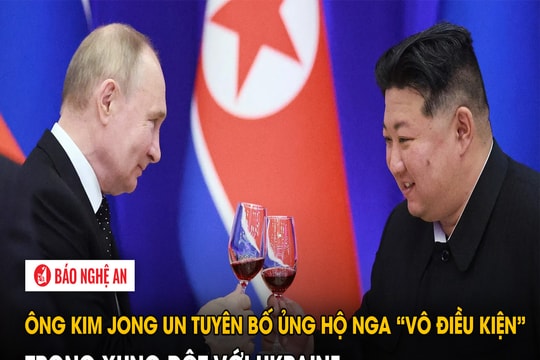
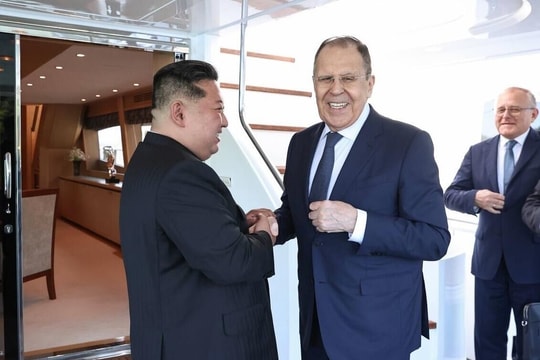
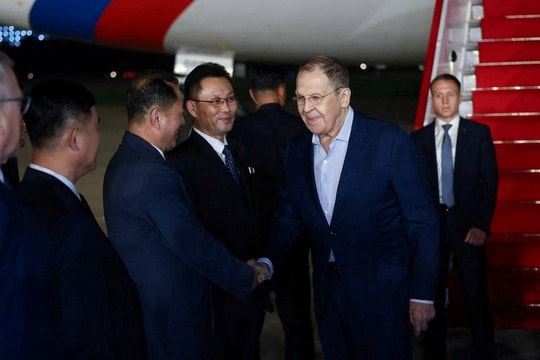
.jpg)

